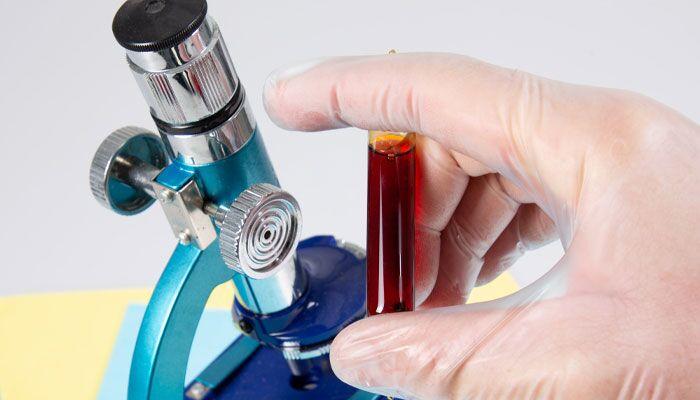
Role of Pharmacogenomics in Diabetes

Diabetes mellitus has emerged as a major public health epidemic in the 21st century. It is predicted that the worldwide prevalence of diabetes will become double from 171 million cases in 2000 to 366 million in 2030. India ranks the highest with respect to diabetes prevalence.
Antidiabetic drugs is the cornerstone of diabetes management. The management of type 2 diabetes mellitus includes various classes of oral hypoglycemic agents, such as biguanides, sulfonylureas, thiazolidinediones, meglitinides, DPP4 inhibitors, SGLT2 inhibitors, α-glucosidase inhibitors, and GLP1 analogues. Medication regimens for diabetes are well defined and standardized. However, not all the type 2 diabetic patients have the same responsiveness to the prescribed treatment.
Pharmacogenomic studies have described links between single-nucleotide variation and drug responsiveness. Identification of these variants associated with drug resistance may provide a solid foundation in establishing individualized therapeutic approaches in the treatment of type 2 diabetes. In this article, we shall understand how pharmacogenomics can contribute to personalizing treatment in diabetes.
Pharmacogenomics in preventing diabetes risk and tailoring therapy:
Genome wide association studies (GWAS) have identified specific gene loci which are involved in the pathophysiology of diabetes. These specific genes play a role in insulin secretion, insulin resistance, beta cell count, obesity related diabetes. Genotyping can help to prevent and select treatment strategies by identifying specific diabetes risk factors at the genetic level.
Multiple genetic variants are involved in the pathogenesis of type 2 DM. Few of them include TCF7L2, PPARG, KCNJ11, WFS1, SLC30A8, JAZF1, and HNF1B genes. Type 2 diabetes is a multifactorial disorder, and its pathogenesis involves a complex interplay between genetic, clinical phenotype and environmental factors. So, although pharmacogenetic information is an important tool in clinical decision making, other factors such as patient phenotype (eg: sex, age, bod mass index), metabolic factors etc also contribute a lot to the drug response. Thus, personalizing medicine for a patient with type 2DM needs to take all these factors into consideration.
Monogenic diabetes:
Certain rare forms of diabetes are caused by a single point gene variation (either a mutation or a deletion of or within a gene). These are called monogenic diabetes. Eg: Maturity onset diabetes of the young(MODY) is a rare beta cell disorder that causes neonatal diabetes. MODY is generally caused by a mutation in the HNF1A gene. Studies have shown that this type of diabetes is extremely sensitive to sulphonylureas. Determining the genetic data has resulted a major transition in therapy in this group of patients- from insulin to low dose sulphonylureas. In monogenic diabetes, pharmacogenomic data helps to determine definitive treatments.
Conclusion :
Pharmacogenomic studies is extremely useful in personalizing medicine especially in monogenic diabetes. Studies have shown that most type2DM has a polygenic etiology. Though pharmacogenetic variants have been well described for antidiabetic drugs used in type 2 DM, other factors such as clinical phenotype also needs to be considered for personalizing medicine.

Reference:
1. Pharmacogenomics FAQ. National Human Genome Research Institute. https://www.genome.gov/FAQ/Pharmacogenomics Accessed on 29-07-2022
2. Chapter 9 – The Role of Pharmacogenomics in Diabetes. Science Direct. https://www.sciencedirect.com/science/article/pii/B9780128126264000097 Accessed on 29-07-2022
3. Pharmacogenomic Studies of Current Antidiabetic Agents and Potential New Drug Targets for Precision Medicine of Diabetes. Diabetes Ther (2020). https://doi.org/10.1007/s13300-020-00922-x Accessed on 29-07-2022
4. Diabetes: Is There a Future for Pharmacogenomics Guided Treatment? Clinical Pharmacology and Therapeutics. https://pubmed.ncbi.nlm.nih.gov/31012484/ Accessed on 29-07-2022
5. Pharmacogenomics of Drug Response in Type 2 Diabetes: Toward the Definition of Tailored





































































































